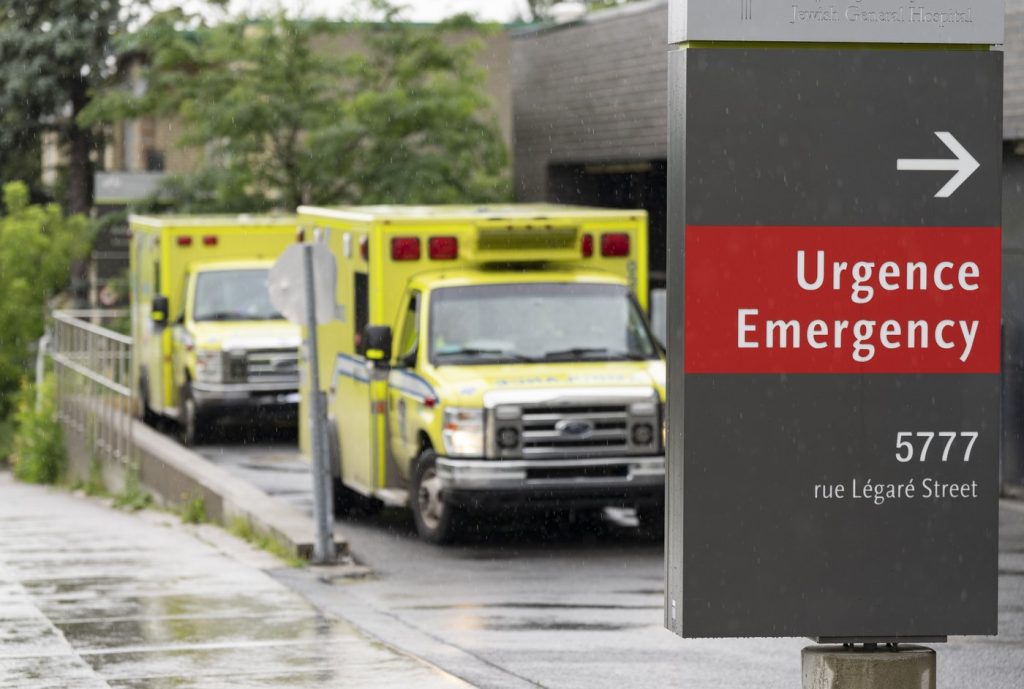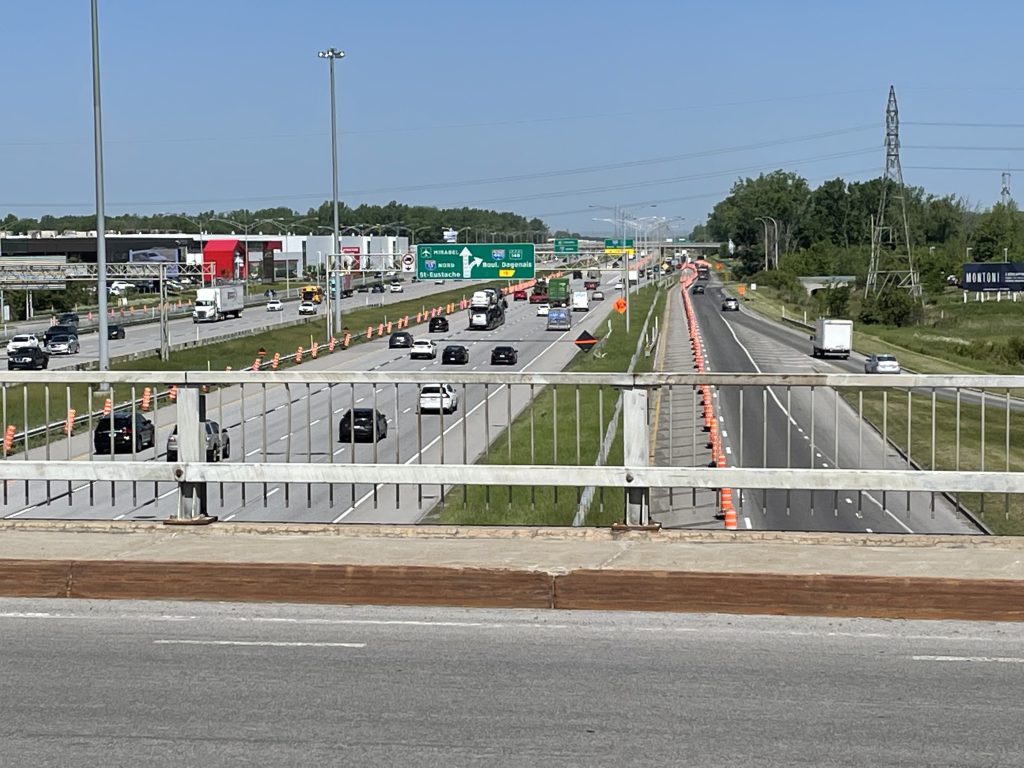What does Quebec restricting gender-neutral bathrooms in public schools mean for students?
Posted May 5, 2024 3:13 pm.
Last Updated May 5, 2024 8:08 pm.
Quebec’s new rules banning the construction of shared gender-neutral bathrooms in public schools will have a “chilling effect” on the province’s transgender and non-binary students, according to a trans activist.
The government directive requires that all new bathrooms and locker rooms in schools across the province be designated for either boys or girls. School service centres, however, do have to ensure any student who wishes to use an individual universal bathroom has access to one.
The directive came into effect Wednesday, despite the province not receiving recommendations from an expert panel created for that reason.
“This very much could be the start of something much more grave,” said activist Celeste Trianon, who is also the founder of Juritrans Legal Clinic.
Trianon argues the decision “does not solve any existing problems” and does not keep students safe.
“This decision is being made almost purely out of prejudice and not out of seeking for concrete solutions.”
Schools that already have gender-neutral bathrooms will be able to keep them.
“Gender-neutral bathrooms are designed in a way that ensures that those are safer places where, for example, school supervisors can go more easily into them,” Trianon explained. “And there’s a total covering. You don’t have like the stalls with like the little hole on the bottom and on top.”
Quebec Education Minister Bernard Drainville issued the directive after news that a high school in Rouyn-Noranda, in the province’s northwest, was starting work to provide gender-neutral bathrooms to its students for the 2024-25 school year.
Last week Drainville determined his bathroom rule could go ahead because he didn’t think the expert panel would recommend against it.
“It means that the minister clearly is so prejudiced to the point of not wanting any conclusions to be made before actively imposing measures, which will only further harm trans and non-binary students while not providing any beneficial advantages to other students,” Trianon argued.
According to a 2018 study by the Public Service Alliance of Canada, up to 70 per cent of trans community members have experienced some form of negative reaction when accessing a public bathroom.
Trianon feels the real need is for officials to address bullying rather than washrooms.
“What we see on the ground as well, it’s students being forced to ask the school administration if they can have access to the staff bathroom, because those schools don’t have any gender-neutral washrooms otherwise.”
Drainville’s ban applies to schools under construction, “whose design progress is less than 30 per cent.” Plans and specifications will have to be changed, if necessary.
Schools at a more advanced stage of construction will be able to keep their gender-neutral toilets.
Trianon is expecting some sort of legal challenge in the future.
“We’re seeing anti-trans policies being challenged in the rest of Canada. So… I wouldn’t be surprised if this directive also ends up being challengeable under the Quebec Charter or the Canadian Charter.”
–With files from The Canadian Press



